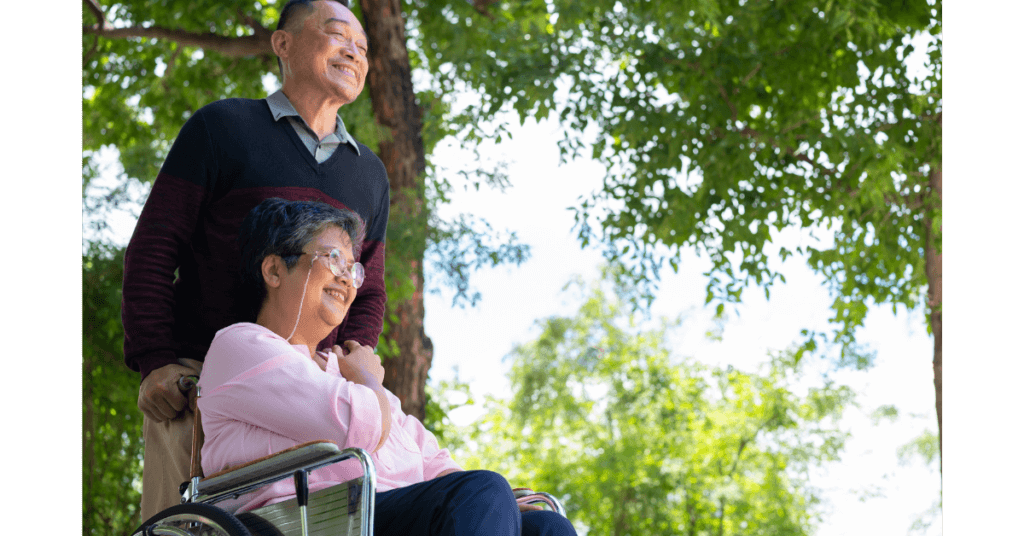Recovering from a stroke is a journey that looks different for everyone. For many stroke survivors, one of the biggest hurdles to overcome is the loss of mobility and the impact it has on daily life. Getting to appointments, running errands or simply visiting loved ones can become difficult without the right support in place. That’s where accessible vehicles can make a powerful difference.
At MobilityWorks, we believe that access to reliable, adaptive transportation is key to rebuilding confidence and reclaiming independence after a stroke. Here’s how accessible vehicles help stroke survivors move forward, both literally and emotionally.
Adapting to New Mobility Needs
After a stroke, individuals may experience limited mobility on one side of the body, muscle weakness or coordination issues. This can make getting in and out of traditional vehicles challenging and unsafe. Accessible vehicles are designed with features like:
- Wheelchair ramps or lifts for easy entry and exit
- Lowered floors for better head clearance and smoother navigation
- Securement systems that keep wheelchairs safely in place during transit
These modifications take the stress and risk out of travel and allow stroke survivors to move with dignity and security.
Driving Again with Confidence
Many people wonder if they’ll be able to drive again after a stroke. The answer depends on their recovery and medical guidance, but it’s often possible with the right adaptive driving equipment.
At MobilityWorks, we work closely with Certified Driver Rehabilitation Specialists (CDRS) who can assess driving ability and recommend modifications like:
- Hand controls for those who have limited leg movement
- Left-foot accelerators for people affected on their right side
- Steering aids and reduced-effort steering for those who need extra support with upper body strength
These tools can help stroke survivors get back behind the wheel safely, restoring a sense of independence and freedom.
Staying Connected to the Community
Losing the ability to travel freely can feel isolating, but accessible transportation opens the door to rejoining the activities that bring you joy. Whether it’s going to physical therapy, meeting friends or just enjoying a drive, having a dependable vehicle makes it easier to stay engaged and active.
For those who don’t drive post-stroke, caregivers and family members can also benefit from accessible vans to safely transport their loved ones wherever they need to go.
Personalized Support Every Step of the Way
Every stroke survivor’s needs are unique. That’s why our team at MobilityWorks takes the time to understand your specific mobility goals. From helping you select the right accessible vehicle to customizing adaptive equipment, we’re here to make the process simple.
Regaining independence after a stroke is about more than recovery—it’s about moving forward with confidence. Accessible vehicles play a vital role in making that possible. At MobilityWorks, we’re proud to help stroke survivors and their families stay mobile, connected and in control of their journey.
Ready to explore accessible vehicle options?
Contact your local MobilityWorks location today to schedule a free needs assessment and discover how we can help you or your loved one stay on the road to independence.

